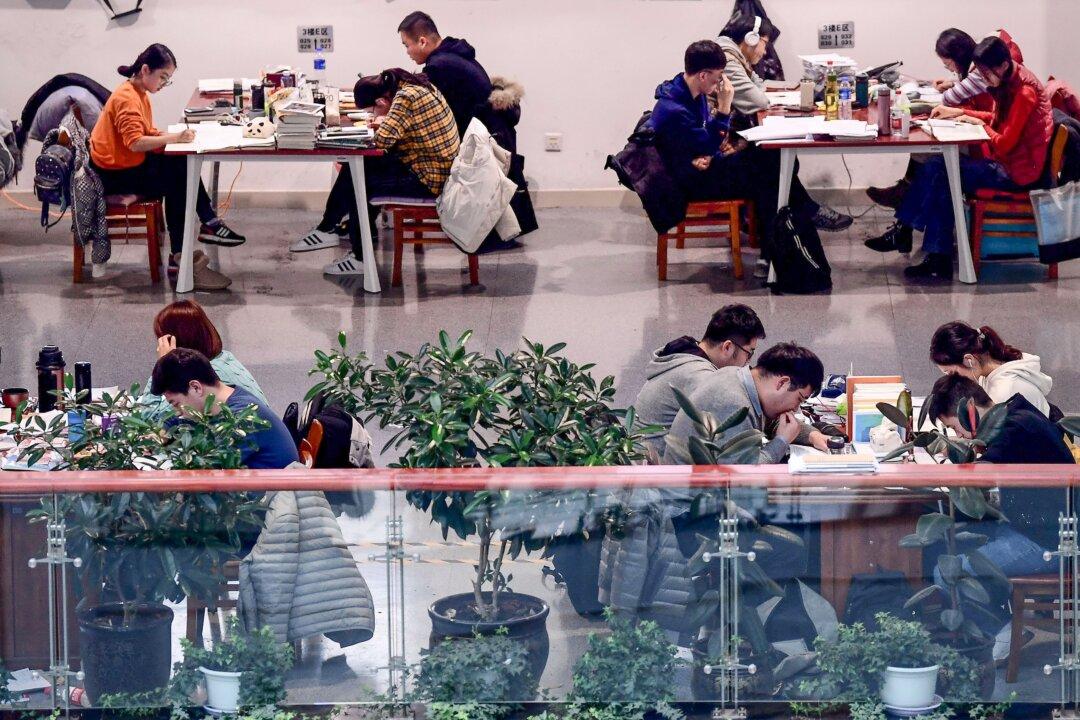A graduate student at China’s Nanjing University of Posts and Telecommunications committed suicide on the night of Dec. 25 by setting a fire in a lab. The school authorities strictly blocked information about the incident so that even students in the same department didn’t know about his death. It wasn’t until the student’s mother was seen at the top of a school building crying loudly and blaming the school for her son’s death that people learned what happened.
Tan Dawei was in his third year of graduate school in Material Science at the university. His dormmate revealed that Tan was severely depressed because of constant exploitation and verbal abuse by his academic advisor over three years.





